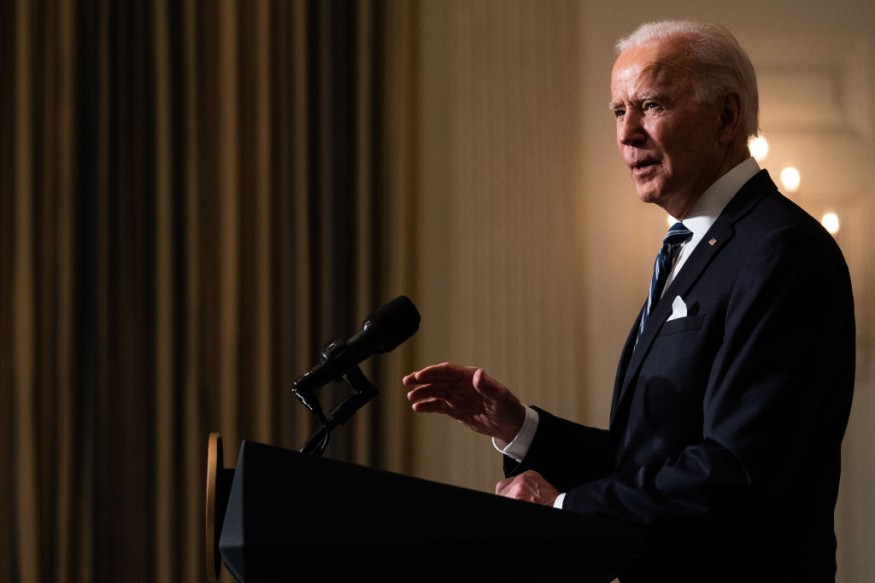Biden Says Congress Needs To 'Act Now' on $1.9T COVID-19 Relief Proposal

President Joe Biden on Friday said that lawmakers in Congress need to take action right away on his $1.9 trillion COVID-19 relief proposal. Biden noted that most economists believe that additional economic stimulus is necessary.
"We have to act now... There is an overwhelming consensus among economists... that this is a unique moment and the cost of inaction is high," Pres. Biden said in a Reuters report.
Biden earlier said that he supported the passing of coronavirus relief with or without the Republicans' help. Biden, a Democrat, noted that the COVID-19 relief has to pass "with no ifs, ands or buts."
The Democrats lead the Senate and the House of Representatives, who are ready to take the initial steps next week toward delivering new financial aid to Americans.
Senate Majority Leader Chuck Schumer said on Thursday that the divided chamber would start working on the said legislation next week, despite questions from the Republicans and some Democrats about the size of Biden's coronavirus aid proposal.
Democrats are eyeing to use a parliamentary tool called "reconciliation." It would allow the chamber to pass a COVID-19 relief with a simple majority or a minimum of 51 votes. Senate rules usually require 60 votes for legislation to pass in the chamber.
Pres. Biden said Friday that there is no time for delays as the country could have four million fewer jobs this year. He added that this could take a year longer to return to full employment if "we don't act now."
House Speaker Nancy Pelosi forecasted that both chambers of Congress would be ready to move forward through reconciliation by the end of next week.
Lawmakers Want to Include $2,000 Monthly Stimulus Checks on COVID-19 Relief Package
Progressives in Congress are pushing for $2,000 stimulus checks every month until the pandemic is over.
Rep. Ilhan Omar, along with more than 50 House Democrats, sent a letter to Biden and Vice President Kamala Harris on Thursday, asking to back such a policy. In their letter, the lawmakers are urging the Biden administration to support recurring direct cash payments.
Omar wrote in the letter that "one more check is not enough," according to a Newsweek report.
The said lawmakers recommended that the monthly payments be given to those who need it most and who would spend it quickly, such as the "immigrant workers, refugees, and their families."
They said that dependents and those excluded from the first two stimulus checks should also be qualified to receive the recurring payments. The letter read that many families cannot afford to wait for eight months between payments.
"To truly build back better, families need stability and certainty through ongoing relief - they cannot be at the mercy of Congressional gridlock," the lawmakers said.
Experts Disagree to Insert $2,000 Monthly Stimulus Checks on COVID-19 Relief Package
Meanwhile, some experts disagreed with the idea of a monthly stimulus check, saying there are better ways to provide relief to Americans and to boost the economy amidst the pandemic.
Gregory Daco, the chief U.S. economist at Oxford Economics, said he does not necessarily know that handing out $2,000 per month would be the right approach right now.
Daco argued that lawmakers should focus on more targeted relief for those disproportionately affected by the current health crisis. The said support could come from extending and expanding unemployment benefits, as well as increasing child tax credit and giving funds for rental assistance.
Biden's COVID-19 relief proposal includes a third round of stimulus checks worth $1,400. However, it could take months before the payments arrive, according to a CBS News report.
Read also: Fact Check: Did Trump's Delayed Spending Bill Signing Cost You a Week of Unemployment Pay?
Subscribe to Latin Post!
Sign up for our free newsletter for the Latest coverage!
















